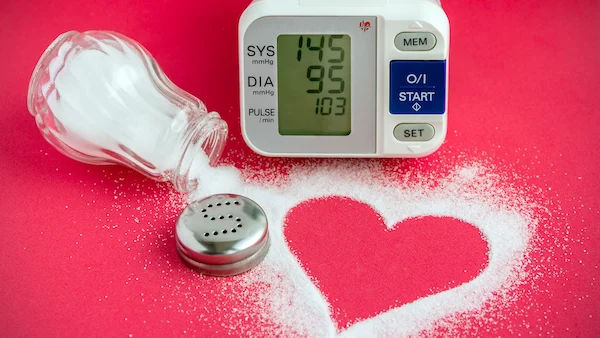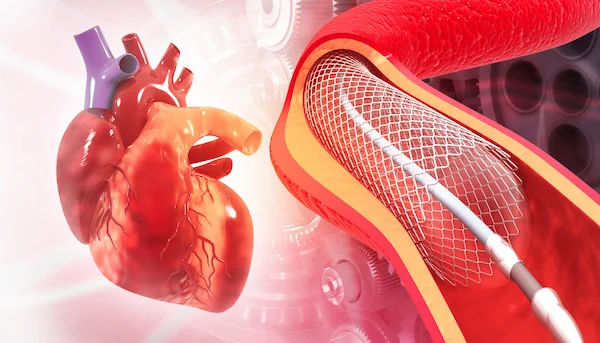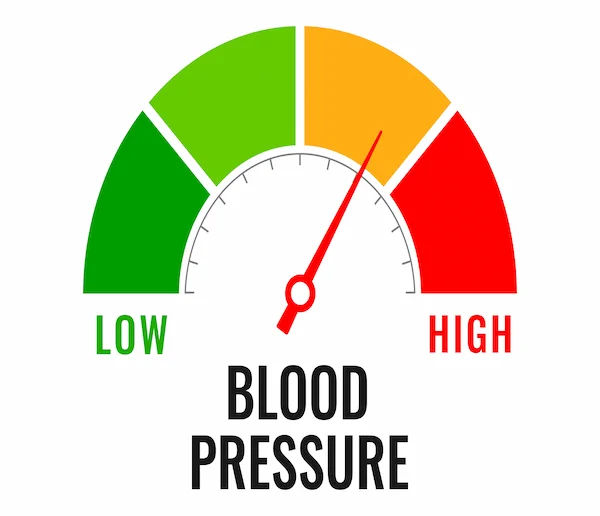- male
- 55 Years
- 07/02/2025
I've been feeling some chest discomfort lately and it's got me a bit worried. Back in 2013, I had an angiography after a positive TMT test, but everything was perfectly clear then. Now, my TMT test has come back positive again. I'm wondering what steps I should take next. Do you think I might need another angiography, or is there another approach I should consider?
Answered by 1 Apollo Doctors
If you are experiencing chest discomfort and your TMT test has come back positive again, it is advisable to consult your doctor for further evaluation. Another angiography may be recommended to assess the current status of your coronary arteries and determine the appropriate treatment plan. In the meantime, you can take medications like Aspirin 75mg once daily and Atorvastatin 20mg once daily to help manage your symptoms.
Dr. Chandra Suggests...
Consult a Cardiologist
Answered 04/07/2025
0
0

More Cardiology Health Queries
View allI'm dealing with mitral valve prolapse with some mild regurgitation, and I've been on Cardivas for my blood pressure. My doctor mentioned it might also help with MVP. However, I've been having issues with sexual dysfunction, so my doctor switched me to Nebicard. I'm curious which medication, Cardivas or Nebicard, is better for managing both my blood pressure and mitigating any sexual side effects. Any insights would be really helpful.
Both Cardivas and Nebicard are beta blockers commonly used to treat conditions like high blood pressure and certain heart conditions. In your case, both medications can help with mitral valve prolapse (MVP) with mild regurgitation by reducing the workload on the heart and helping to control heart rate. Regarding sexual dysfunction, some beta blockers like Cardivas can potentially cause sexual side effects such as erectile dysfunction. Nebicard is a newer generation beta blocker that is less likely to cause sexual dysfunction compared to older beta blockers like Cardivas. Therefore, Nebicard may be a better option for you if sexual dysfunction is a concern. In terms of controlling blood pressure, both Cardivas and Nebicard are effective medications. However, Nebicard may be a preferred choice if you are experiencing sexual side effects with Cardivas. Ultimately, the decision between Cardivas and Nebicard should be made in consultation with your healthcare provider, taking into consideration your individual health needs and any potential side effects you may be experiencing.
Answered by 1 Apollo Doctors
I'm really worried about my mom. She's been dealing with high BP for the last 15 days, even though she regularly takes her medication. About two weeks ago, she woke up with her left eye really red, and the doctors said her BP was at 100180. She's been on Amlopres 5 mg for BP for 25 years and Ecosprin 75 mg to thin her blood for 5-6 years. The doctors recently switched her meds to CTDT 6.2540 mg in the morning and Cildip 5 mg in the evening for BP, along with Clodrel 75 for blood thinning. What could be causing her BP to spike like this, and is there a way to get it under control?
Excessive masturbation (4-5 times a day) can lead to mental fatigue, decreased concentration, and increased stress and anxiety. It can also cause feelings of guilt, shame, and low self-esteem. Desensitization to pleasure and potential erectile dysfunction are possible risks. Additionally, excessive masturbation can negatively impact relationships and daily life. It's essential to maintain a balanced and healthy lifestyle.
Answered by 1 Apollo Doctors
I've been having these palpitations for a while now, and lately, my hands start shaking with each heartbeat. If I rest something like a pen on my chest, it moves up and down. Plus, there's this visible pulsation, but I can't really pinpoint exactly where it's happening in my chest or abdomen. What could this mean?
It sounds like you may be experiencing palpitations along with visible pulsations. This can be concerning and may require further evaluation. One possible medication that can help with palpitations is Metoprolol (brand name: Lopressor). The usual dosage for palpitations is 25-100mg twice daily. However, it is important to consult with a healthcare professional for proper evaluation and management of your symptoms.
Answered by 1 Apollo Doctors
Disclaimer: Answers on Apollo 247 are not intended to replace your doctor advice. Always seek help of a professional doctor in case of an medical emergency or ailment.





